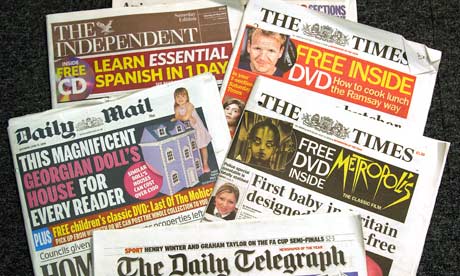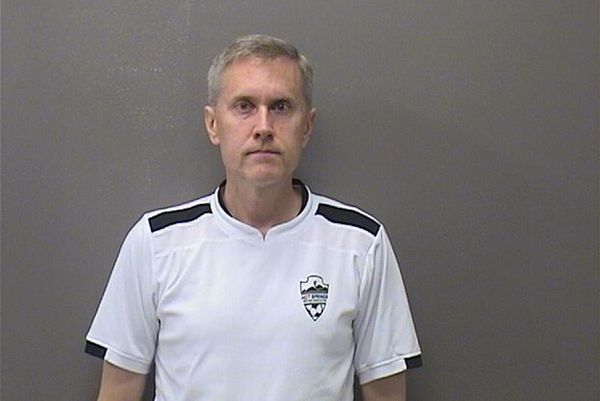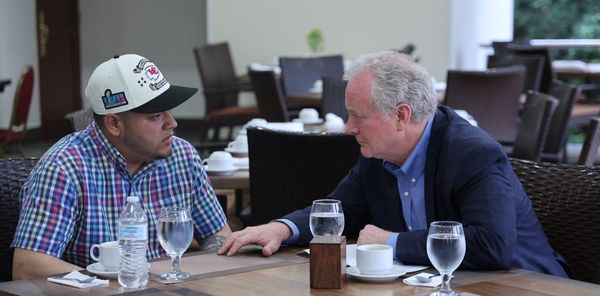
The Newspaper Licensing Agency (NLA) and the charity sector are no strangers to one another – indeed, our present licensing system, in which we offer a discounted service to charities, was arrived at in consultation with the NCVO several years ago; we work with the RNIB as a charity partner (providing a free text service to support Talking Newspapers), and we commit £100,000 a year to the support of the Journalism Diversity Fund.
So I read the suggestion from CharityComms' Vicky Browning that charities should enjoy the cuttings service we offer for nothing with interest, and with some sympathy. But not with agreement. The NLA welcomes dialogue with CharityComms – we invited the authors in to discuss it as soon as we were aware of it and have asked them to present their findings to our licensing team next month, as part of our continual customer service training. However, we believe that the campaign objective of a free licence for all charities is unrealistic – and unfair - both to the thousands of small businesses that pay licence fees and to newspaper publishers. In any case, approximately 200 charities pay no fee for their licence as a result of our discount scheme, and many others pay less than £100 a year.
The NLA provides an important and valuable service to charities, as it does to monitoring agencies, PR companies, companies and the private sector. All these organisations benefit from the investment we make. For example, our e-Clips service, a daily updated, comprehensive database of the top 150 newspapers, has professionalised the monitoring industry, providing better quality of service to cuttings agencies and ensuring communications professionals get a fast and complete picture of the coverage that matters to them.
Charities benefiting from positive newspaper coverage are only paying back in fees a fraction of the income they have generated – and the advertising and marketing costs they have saved – as result. As charity professionals are well aware, a well-run public relations campaign can generate thousands (if not hundreds of thousands) of pounds worth of publicity for a charity, driving increased awareness and donations, as well as more volunteers.
Modern charities are highly professional organisations – the existence of CharityComms as a professional body for communications professionals working in the charity sector is testament to that. Some charities are multimillion-pound operations with hundreds of staff. They don't expect to be exempted from the cost of basic services, whether it's the gas bill, the rent, or indeed the cost of press cuttings.
Only a small fraction of the PR value charities get from coverage is charged back by the NLA in fees, which are then returned directly to the newspaper. All in all, the system as it stands ensures a fair result for both the charity involved and for the newspaper.
That last point is important. The NLA provides a useful revenue stream to British newspapers. I can understand the frustrations held by the charities surveyed – after all, no-one likes paying money, especially in the current climate – but it is vital to protect the rights of newspapers to ensure a strong, vibrant and lasting press. That should matter as much to charities as it does to all of us.
David Pugh is managing director of the Newspaper Licensing Agency. He is writing in response to Vicky Browning, director of CharityComms
This content is brought to you by Guardian Professional. To join the voluntary sector network, click here.







